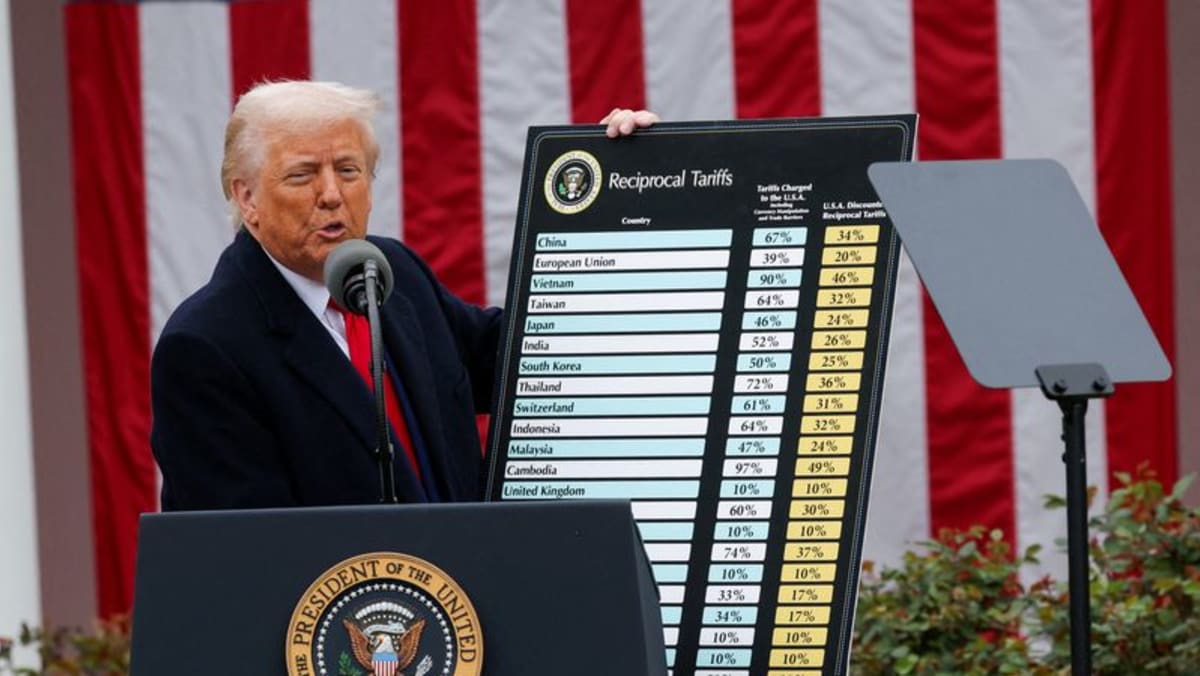UNCERTAINTY PERSISTS
Following a market revolt after his major tariff announcement on Apr 2, Trump paused most import duties for 90 days and said he would hammer out bilateral deals with trade partners.
But apart from a pact with Britain this month, agreements remain elusive, and the trade court’s ruling on the tariffs and the uncertainty of the appeals process may dissuade countries like Japan from rushing in to deals, analysts said.
“Assuming that an appeal does not succeed in the next few days, the main win is time to prepare, and also a cap on the breadth of tariffs – which can’t exceed 15 per cent for the time being,” said George Lagarias, chief economist at Forvis Mazars international advisers.
The trade court ruling would have lowered the overall effective US tariff rate to about 6 per cent, but the appellate court’s emergency stay means it will remain at about 15 per cent, according to estimates from Oxford Research.
That is the level it has been since Trump earlier this month struck a temporary truce that reduced punishing levies on Chinese goods until late summer.
By contrast, the effective tariff rate had been between 2 per cent and 3 per cent before Trump returned to office in January.
Trump’s trade war has shaken makers of everything from luxury handbags and sneakers to household appliances and cars as the price of raw materials has risen.
Drinks company Diageo and automakers General Motors and Ford are among those that have abandoned forecasts for the year ahead.
Non-US companies including Honda, Campari , Roche and Novartis have said they are considering moving operations or expanding their US presence to mitigate the impact of tariffs.
